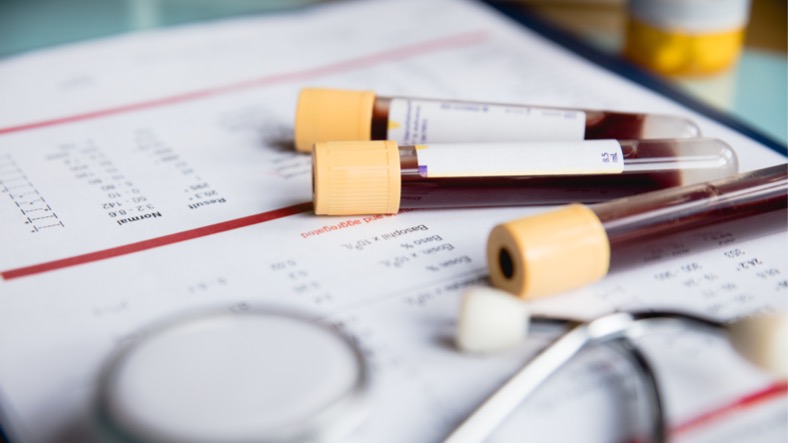Hypertension, commonly known as high blood pressure, is a prevalent condition affecting millions worldwide. When left unchecked, it can lead to various complications, one of which is the hypertension headache. A hypertension headache is typically a result of extremely high blood pressure. These headaches are often severe and can be a sign that your blood pressure has reached a dangerously high level, especially when readings exceed 180/120 mm Hg.
Causes of Hypertension Headaches
Severe Hypertension
The primary cause of hypertension headaches is extremely high blood pressure. Headaches often manifest when blood pressure readings reach critical levels, especially above 180/120 mm Hg.
Blood Vessel Constriction
High blood pressure can cause the blood vessels in the brain to constrict, leading to reduced blood flow and resulting in headaches.
Medication Side Effects
Some medications used to treat hypertension, such as beta-blockers and ACE inhibitors, can have side effects, one of which can be headaches. It’s essential to consult with your doctor if you suspect your medication is causing headaches.
Symptoms of Hypertension Headaches
- A dull, throbbing pain on both sides of the head
- Pain that gets worse with physical activity
- Nausea or vomiting
- Blurred vision or other visual disturbances
- Shortness of breath
It’s essential to differentiate these symptoms from regular headaches or migraines. If you experience any of these symptoms, especially in conjunction with high blood pressure readings, seek medical attention immediately.
Management Strategies
Monitor Your Blood Pressure
Regularly check your blood pressure to ensure it remains within a healthy range. Owning a home blood pressure monitor can be beneficial for frequent checks. If you notice any sudden spikes, consult your doctor immediately.
Medication
If you are already on medication for hypertension, ensure you take it as prescribed. If you suspect your medication is causing headaches, discuss alternative treatments with your doctor.
Lifestyle Changes
Adopting a healthy lifestyle can help manage and prevent hypertension. This includes a balanced diet, regular exercise, reducing salt intake, avoiding excessive alcohol and caffeine, and scheduling regular check-ups and screenings.
Relaxation Techniques
Stress can be a contributing factor to high blood pressure. Techniques such as deep breathing exercises, meditation, and yoga can help reduce stress and, in turn, blood pressure. For instance, deep breathing helps calm the nervous system, meditation fosters mindfulness, and yoga combines physical postures with breathing techniques for holistic well-being.
Your Health is Our Priority
At The Kidney and Hypertension Center, we are dedicated to providing compassionate patient care for a range of kidney and associated conditions. If you or a loved one is experiencing symptoms or has concerns about hypertension headaches, don’t hesitate to reach out. Our team of experts is here to guide you every step of the way. Schedule an appointment today and take the first step toward better health.
Disclaimer: While this blog provides valuable information, it is not an alternative to professional medical advice. If you experience any symptoms or have concerns about your health, it’s crucial to schedule an appointment with your kidney specialist. For comprehensive and personalized care, contact The Kidney and Hypertension Center.




